The first cut of The Apprentice “included an improvised homoerotic dream sequence” in which Jeremy Strong, as Roy Cohn, “wore a skintight frog costume and climbed into bed” with Sebastian Stan, as Donald Trump, “and caressed his face.” So reports Gabriel Sherman, the film’s screenwriter, in a Vanity Fair article that appeared before the film’s release. The scene was cut, he writes, after the film’s billionaire financier Daniel Snyder saw it during a screening and walked out, evidently unaware he had funded a movie that might include anything surprising, or odd, or not flattering to Trump. Snyder dislikes revising his views. For twenty years he opposed changing the name of the NFL team he owned from an anti–Native American epithet to the Washington Commanders.
Sherman is a veteran reporter on the Trump beat and the author of a biography of Republican political consultant and Fox News CEO Roger Ailes. Presumably he has experience dealing with men like Snyder and knows how they can pull the plug. He and the film’s Danish Iranian director, Ali Abbasi, cut that scene. In The Apprentice, they have delivered a more conventional film than the one with the frog costume, one about Donald Trump learning to wield power and to abuse it. The Apprentice is still a love story—or more accurately a story of Roy Cohn’s unrequited love for Donald Trump—but it’s one that’s lost its nerve. It harps on the rules of success Cohn beat into Trump’s head: attack, attack, attack; admit nothing and deny everything; claim victory and never admit defeat. But it is too wary to put those strategies into action itself. It’s a film that wants to tweak power, at times even offend it, without quite denouncing it.
Early on we see Young Trump collecting rent in one of his father’s outer borough high-rises, a warren of poor people, some of them mentally ill, some violent. It’s clear right away that trying to get money out of these people he considers unstable deadbeats is an impossible position to be in, a task for losers. It makes Trump look bad, though he approaches it with fortitude, and we are meant to understand it from his point of view: Donald Trump deserves better.
In retrospect—the film is after all a period piece—did anyone deserve to have Donald Trump banging on their door demanding money? Yet The Apprentice suggests that the lawsuit the Justice Department filed against the Trump Organization in 1973 for discriminating against Black tenants was little more than a nuisance. “This whole civil rights deal, it stinks, the way herring stinks?” Cohn asks Trump, after agreeing to fight the case in court. It’s a racist crack but also the remark of a self-hating Jew, intended to flatter Trump by agreeing with him in ways he hasn’t yet stated himself.
The company settles the case, an outcome we are led to believe Cohn expected. He took it on because he has taken a personal interest in Trump. He wanted to show him that the government should be fought in every instance; never roll over. With Cohn, Trump settles a case and gains an ally, a protector, and a model for how to be in the world. Under Cohn’s tutelage he finds a way to show his disapproving father, Fred (Martin Donovan), who treats him like an idiot and a ne’er-do-well, that he is tough, and that toughness is a form of intelligence.
This becomes an illustration of larger truths in Trump’s life: not-quite-losing can be a form of winning; if you don’t back down it makes you look good to other people. Even better, if you’re convinced that the people you were fighting did not deserve to win, it reinforces the sense that you were right in the first place. We have seen Trump’s tenants slamming the door on him with his mouth open and his hand out. Trump knows his own father put him in that position and that Roy Cohn can show him how to get out.
In creating sympathetic portraits of Trump and Cohn, The Apprentice can only become, by the end, a Hollywood biopic, with the oppressive blandness of the genre touched up as usual with movie-filtered period detail. Abbasi’s 1970s New York is visibly the New York of Taxi Driver and Dog Day Afternoon. Trump’s dream for the city is presented, at first, as ironic. Standing among the prostitutes and pimps on 42nd Street in the FORD TO CITY: DROP DEAD era, he insists New York is the greatest town in the world.
Because Trump’s dream would become the city’s reality, we know that he is right and that the bureaucrats thwarting his plan are wrong. Cohn will easily steamroll them with his dirty tricks. In the film’s fictionalized account, he records them at his parties, has photos of them engaged in gay sex, and keeps files on their private lives in his basement. Using these for extortion will, we gather, be the way New York becomes the “premium city” Michael Bloomberg called it, one where tenants like Fred Trump’s will have no place to live.
The Apprentice is aligned here with Francis Ford Coppola’s Megalopolis, also a fable of transformation and success. Like the domineering city planner Cesar Catilina, Trump sees himself as a visionary builder. But he is a Catilina in negative, an unromantic one with a crimped vision that extends only to his own wealth and fame. Instead of opposing the men who run the city by coming up with better ideas, he uses Cohn to expose them as sordid hypocrites. It’s a project in which Cohn delights. For him, vengeance is a form of justice.
The Apprentice shows us Cohn behind closed doors. We see him preparing for his sex parties by doing two hundred sit-ups every morning in his underpants, amid his collection of frog figurines. Trump, on the other hand, sleeps late on his couch under a Citizen Kane poster, roused only when the phone rings with possible deals. Trump recognizes that Cohn is someone who can motivate him to get off his ass, which Cohn recognizes in a more literal way. “You have kind of a big ass. You know that?” he informs Trump early in the film. “You gotta work on that.” Taking Trump to a tailor and putting him in Italian suits, Cohn looks at his protégé in triumph, asking, “Is this a guy from Flushing, or is this a guy from 5th Avenue?” Then he pats Trump’s behind.
Trump both gives in to Cohn’s attention and ignores it. At parties in Cohn’s brownstone, he sticks to drinking ice water. When he opens the wrong door and glimpses Cohn in flagrante with one or two young male assistants, he flees. He admires Cohn for his sadism, which he misperceives as hard-heartedness, willfully oblivious that Cohn is flirting with him. “You’re brutal,” he says to Cohn, impressed by his killer instinct both in the courtroom and in New York society. “I’m brutal,” Cohn answers, and their bond is formed.
The Apprentice tries to be empathetic to these damaged souls because the Reagan era in which the film ends was unempathetic, especially toward people who died of AIDS-related illnesses. Cohn professed to the end, before his death in 1986 at fifty-nine, that it was liver cancer killing him and nothing else, even though he was being treated with experimental anti-HIV drugs. In gruesome moments like Cohn’s death scenes, the film comes to life.
At his final birthday party, Cohn makes a halting speech about Trump’s great future, his face lit by sparklers on a cake frosted in red, white, and blue that’s rolled out to him at Mar-a-Lago, Trump’s newly acquired Xanadu. After his funeral, we see Trump in an operating room, getting fat sucked out of his side, “Of Thee I Sing” on the soundtrack, sung by a children’s choir. They serenade Trump during a scalp recovery procedure, intoning “let freedom ring” as he gets surgical staples popped into his head. Rid of Cohn, he and the movie are free to become disgusting.
Sebastian Stan’s performance explains how The New York Times could have once compared Trump to Robert Redford. Stan starts out bright-eyed, recognizable, but with an eagerness he gradually loses. He ends up, of course, eating French fries in bed. As good as Stan is, when he pukes after Cohn makes him drink too much straight Smirnoff vodka, or when he points at Cohn with both index fingers and says “I love you,” he inadvertently evokes another actor: Chris Farley, the obese comic from Saturday Night Live who died in 1997 and who always exuded a desperate desire to be loved. This is especially true in the scenes in which Trump wears a green ski suit and slips on the ice while courting Ivana Zelníčková (Maria Bakalova) in Aspen. There the film drops its tough 1970s pretense and opts to make Trump an awkward, bulky rich boy, like Farley in Tommy Boy (1995) and Black Sheep (1996).
What did Cohn see in this person? The Apprentice suggests that Trump was his type—young, blond, all-American. But Trump was also a mess. Did he see Trump as a young version of Joe McCarthy, the red-baiting senator from Wisconsin for whom Cohn had worked in the 1950s, a man who ruined the Republican Party and wanted to topple the government? McCarthy was a slob, and alcoholism killed him; Trump was better-looking, more mediagenic, and he didn’t drink. Perhaps Cohn intuited that Trump was going places and saw him as a puppet who could do what McCarthy could not: seize power purely through a cynical combination of declaring love for America, condemning rich liberals as hypocrites, and manipulating judges to get around the law. Cohn’s vindictiveness was couched in a paradoxical hatred of America that presented itself as the ultimate in patriotism. Abbasi’s film has him announcing at one of his parties that he is an “inhumane conservative” who considers America his “most important client.”
By now Cohn has been depicted in American culture so many times that an academic discipline could be established about him—Roy Cohn Studies. He’s a main character in Tony Kushner’s two-part Angels in America, the most celebrated play of the last thirty-five years. Mike Nichols made the play into an HBO miniseries, and it also became an opera. Around the same time Kushner’s play debuted in the early 1990s, the novelist Gary Indiana wrote the Cohn half of a performance piece called Roy Cohn/Jack Smith, for Ron Vawter of the Wooster Group, that contrasted Cohn with Smith, the performance artist and avant-garde filmmaker who was almost his exact contemporary and died of AIDS three years after Cohn did. That same year, Cohn made it to the hit parade when Billy Joel included him in his song “We Didn’t Start the Fire,” a litany of baby boomer history: “Roy Cohn, Juan Peron, Toscanini, Dacron.” Once Trump became president and his attorney general Jeff Sessions refused to do his bidding during the Mueller investigation, he reportedly asked, “Where’s my Roy Cohn?” The answer is “Everywhere.” (The question is also the title of a documentary about him.)
For Indiana, Kushner, and Joel, Cohn was an historical figure, the man who helped put the Rosenbergs in the electric chair, the one person who bridged the McCarthy era and the era of Studio 54. When Sherman and the film’s producers chose Abbasi to direct The Apprentice, they were looking for a way to make Cohn new, to insert him into the present from an outsider’s perspective. The film’s title refers not just to Trump’s status as Cohn’s mentee but also, of course, to Trump’s reality TV show, the Nielsen-ratings powerhouse that debuted in 2004, ran for thirteen years, and can be said to have put Trump in the White House.
Abbasi has made one film that is something of a mindblower, Border (2018), a dark Swedish movie about trolls who have tried to integrate themselves into the human population. It is not an animated movie. Abbasi’s films are preoccupied with women’s bodies, with pregnancy, and with rape and murder. This extends to The Apprentice. During their courtship, Trump tells Ivana that he’s a killer and that “killer means winner.” “Are you going to kill me?” she asks, less flirty than really wondering.
This is ominous because we know Ivana stated in her 1990 divorce deposition that Trump raped her while they were married, a scene Abbasi includes. (Trump denies the charge, which Ivana later said she had not meant “in a literal or criminal sense.”) Abbasi shoots it in a way that’s reminiscent of brutal scenes in his previous film, Holy Spider (2022), about a serial killer in Iran whose trial becomes a Trumpian exercise in celebrity.
In 2002 the documentarian Errol Morris made a clip for the Academy Awards in which Trump discusses Citizen Kane. In explaining where Charles Foster Kane failed, Trump mentions Kane’s marriage: “The relationship that he had was not a good one for him, probably not a great one for her, although there were benefits for her, but in the end she was certainly not a happy camper.” Now Ivana is dead, buried in the grounds of Trump’s golf course in New Jersey.
The film critic David Thomson has argued that Citizen Kane is about “the sacrifice of responsibility to entertainment” and “the surrender of a hope for truth to fantasy and subjectivity.” It was made, he writes, by a filmmaker who knew better than others “how naturally show biz, the media, and the administration of a democracy are related.” Trump was so taken by Orson Welles’s protagonist that Kane effectively became a shadow mentor to rival Roy Cohn. The scene in which Kane loses his bid to be New York’s governor, then switches his newspaper’s headline from KANE ELECTED to FRAUD AT POLLS encapsulates 2020 seventy-nine years in advance, and Trump had internalized Citizen Kane’s lesson before he ever met Citizen Cohn.
Unlike Kane, The Apprentice is not ahead of its time, though it might prove to be if Trump is elected again. Abbasi’s film is more like a product of 2013, a combination of the love story in Steven Soderbergh’s Liberace biopic, Behind the Candelabra, and the bad-boy capitalist mischief of Scorsese’s Wolf of Wall Street. Its closest analog, however, is a more recent and much better film, James Gray’s Armageddon Time, from 2022, about how the lives of two grade-school boys from Queens, one white and one Black, are respectively made and destroyed by their propinquity to the Trump family and what it represents. Set at the same time as Abbasi’s film, and also costarring Jeremy Strong, who plays the white kid’s father, Armageddon Time is everything The Apprentice is not. Gray’s film is moody and original, and it evokes 1980 without resorting to cliché.
Armageddon Time is also curt and unsparing. After his son’s Black friend is punished for a petty robbery both boys have perpetrated, Strong’s character explains to his son that “life is unfair. Sometimes some people get a raw deal.” He adds two other things later in the film by way of explanation. When his son is not punished and is accepted at the same prep school as his brother, which is also the school the Trump family attended, he tells his wife that “both of our kids will get a real seat at the table.” When Reagan is elected president, he explains the American electorate to his family this way: “Morons from sea to shining sea.”
The Apprentice, like Kane, ignores the electorate. It’s about a great flawed man, like Welles’s film and Megalopolis. Unlike those films, however, it resorts to pity. If Strong is unmerciful in Armageddon Time under Gray’s direction, in Abbasi’s film he untwists Cohn so we can see his humanity, subsuming his method acting to Stan’s star turn as Trump. Strong makes Cohn a figure whose comic moments of awkwardness with his love object, the future president, deserve our sympathy because they reveal his own mortality. In a scene at Trump’s wedding, after Ivana and Fred exit for a moment, Cohn tells Trump he loves him. We accept that Trump takes this in stride, but Abbasi also has Cohn catch the bouquet, adding to his gracelessness.
This lacks Gray’s precision, though it is better than something in a TV movie. It’s a rare moment in which something in The Apprentice works that’s not entirely hideous. The movie is disgusting, sure, but it also makes you feel sorry for these people. In the end, the moral of the story is to always listen to Roy Cohn. It’s terrible advice in any decade. The AIDS Memorial Quilt was better on this subject, and blunter. Its panel memorializing Cohn reads “Bully. Coward. Victim,” which, as it happens, is also the title of another documentary about Cohn, made by Julius and Ethel Rosenberg’s granddaughter.

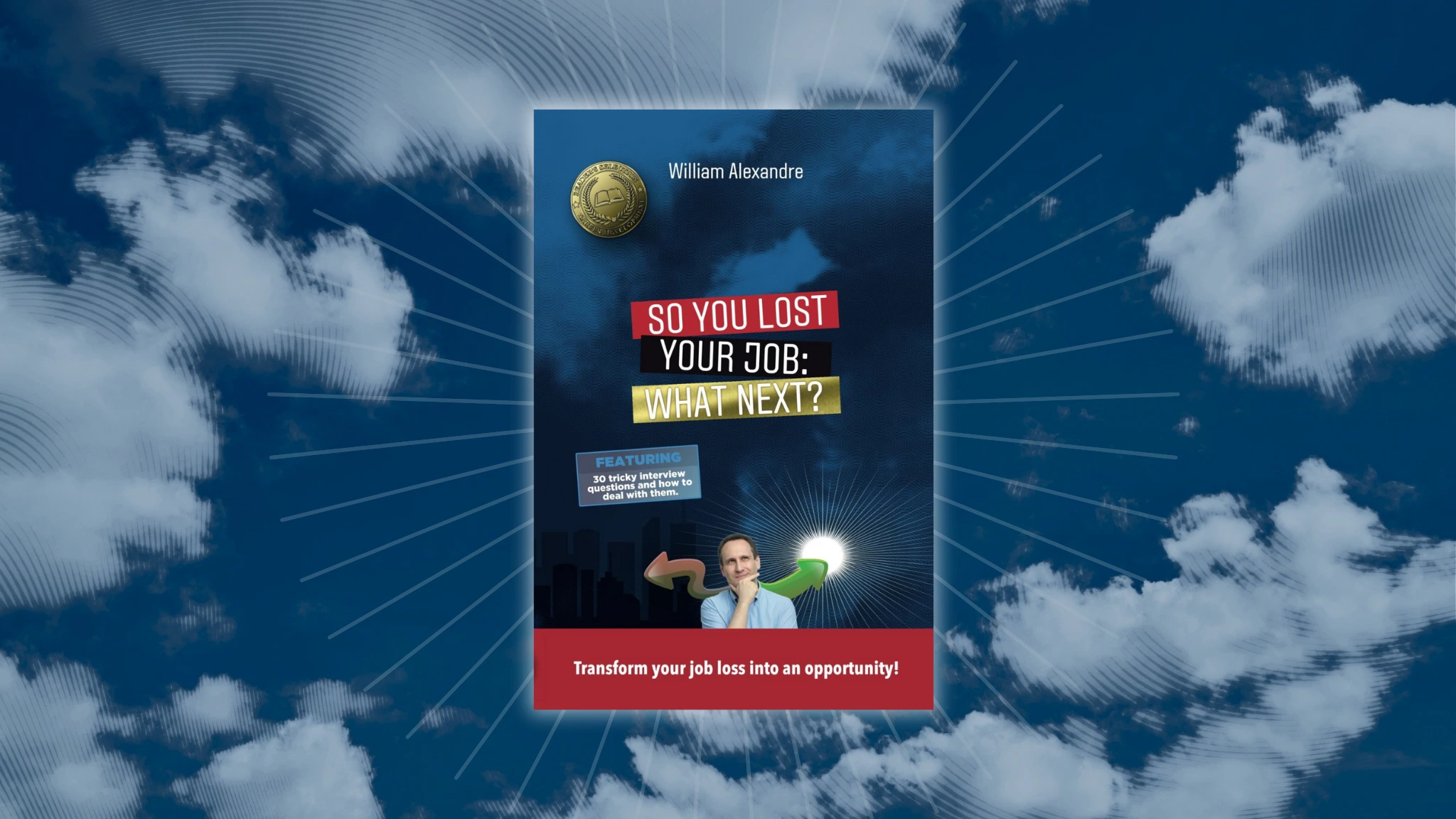
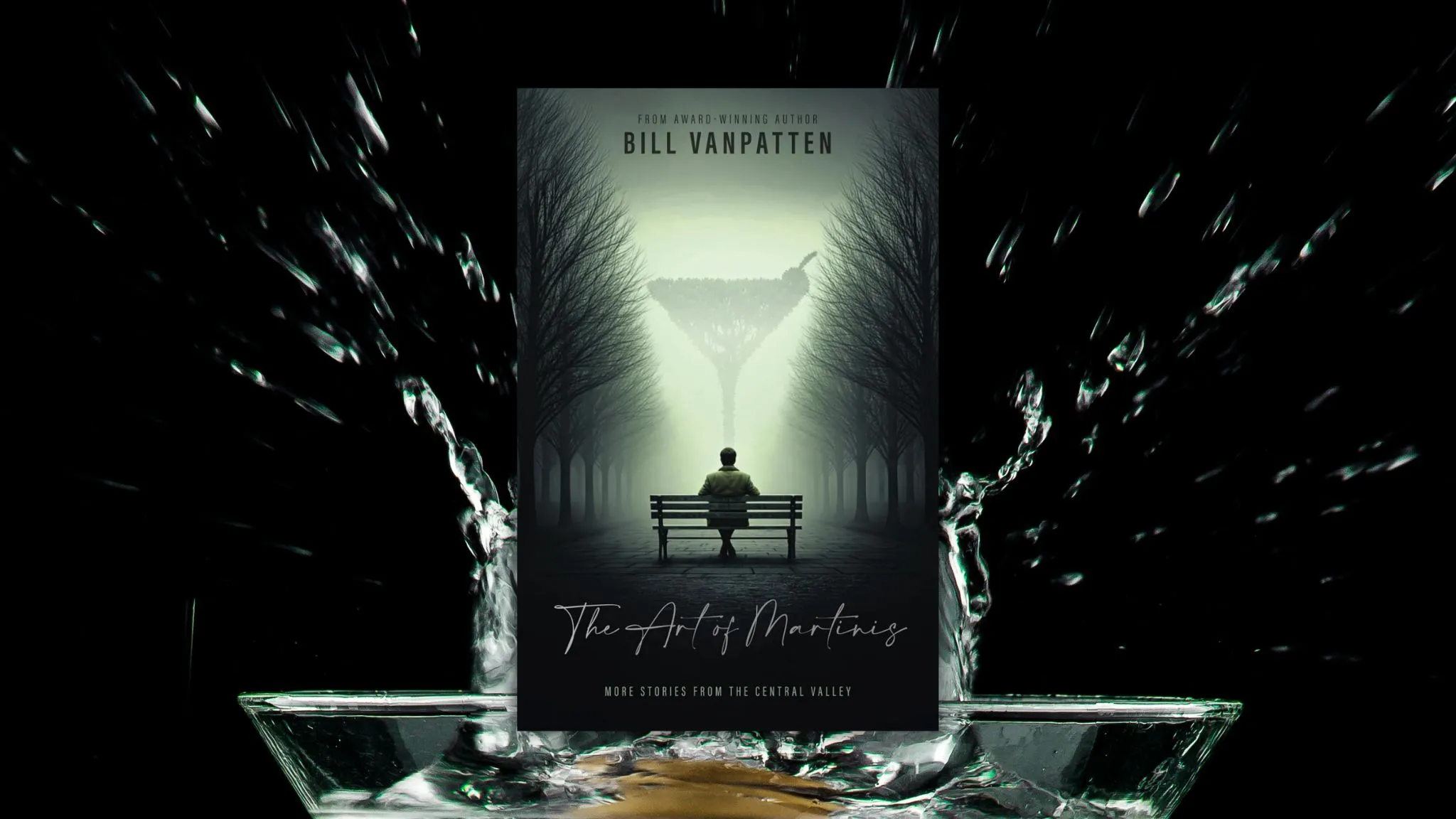

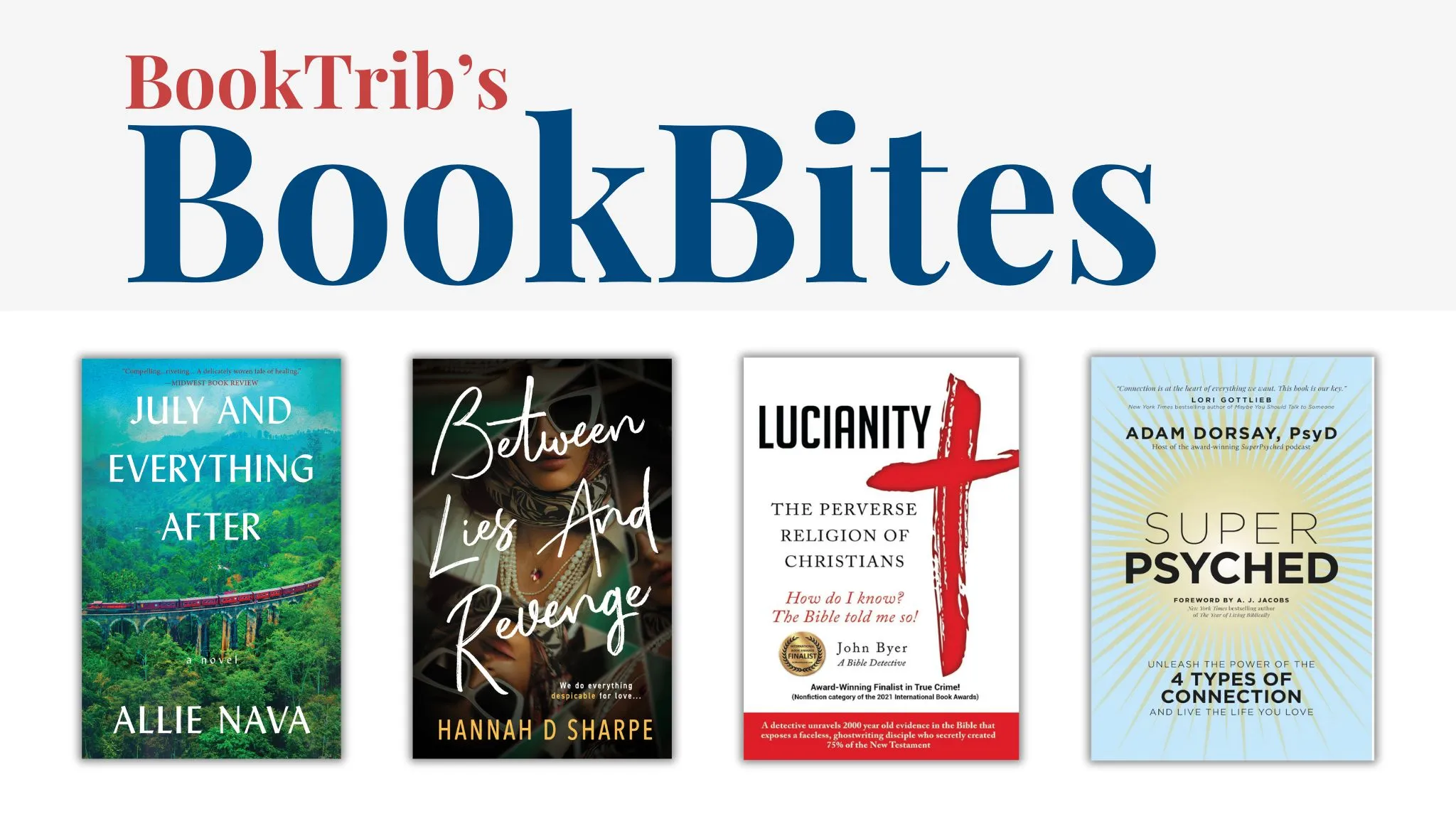


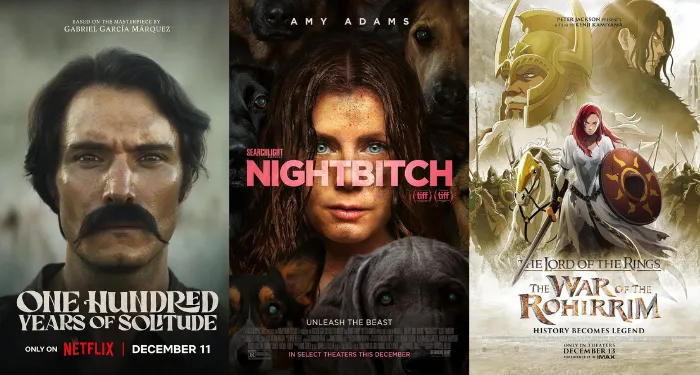





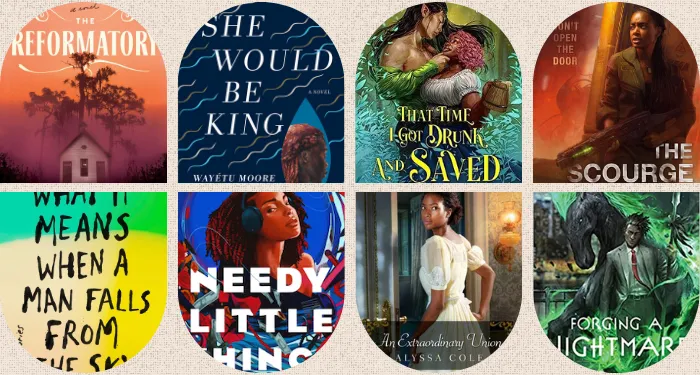


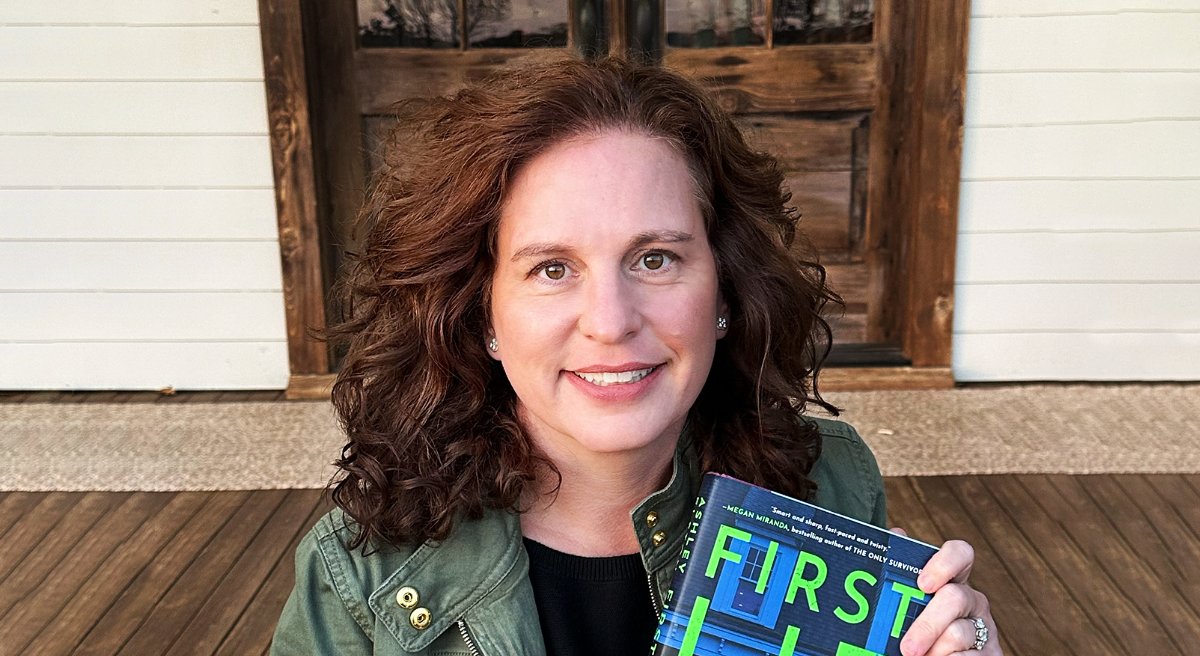


 English (US) ·
English (US) ·